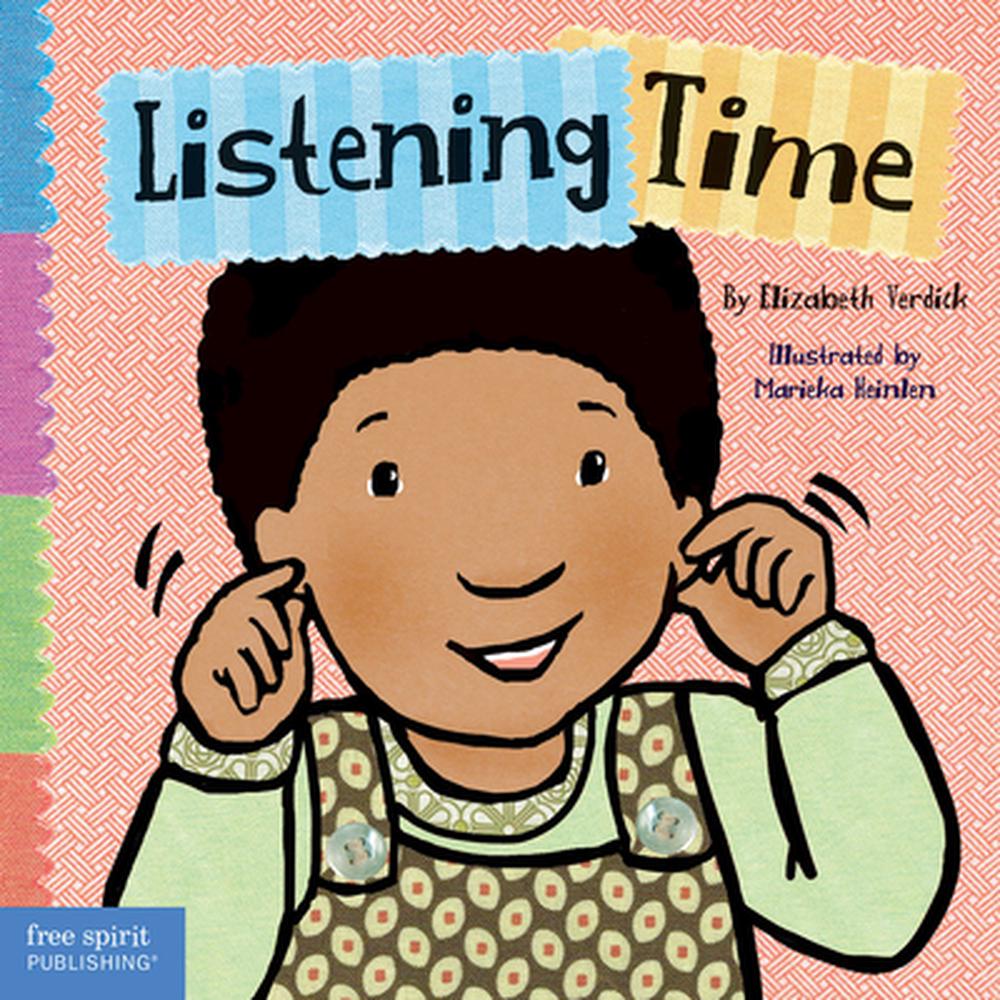



If you’re looking to use music to de-stress, pump yourself up or otherwise shift your mental or emotional state, Levitin says you probably already have a bank of songs you can pull from that you know will have the appropriate effect. “One thing people find surprising is that music activates nearly every region of brain we’ve mapped so far.” This hints at music’s universality and power to affect us. There’s also no single “music center” in the brain, he says. “There’s no one piece of music that will do the same thing for everyone.” “These were people who normally listened to Swedish speed metal, so to them AC/DC was soothing,” he says. Levitin says he’s encountered people who have said that AC/DC is their relaxation music. Tracks with a slow tempo, gradual chord progressions and drawn-out notes tend to be calming, Levitin says, while chaotic and up-tempo music tends to have the opposite effect. Why? The rhythm and other characteristics of the songs we select can modulate our heart rates and the activity of our brain’s neural networks, explains Daniel Levitin, a professor of psychology who researches the cognitive neuroscience of music at McGill University in Canada. One 2015 study from Finland found that music can bolster negative emotions-like anger, aggression or sadness-much the same way it can counteract these feelings. Along with inducing stress, Loewy says, the wrong music can promote rumination or other unhelpful mental states.


 0 kommentar(er)
0 kommentar(er)
